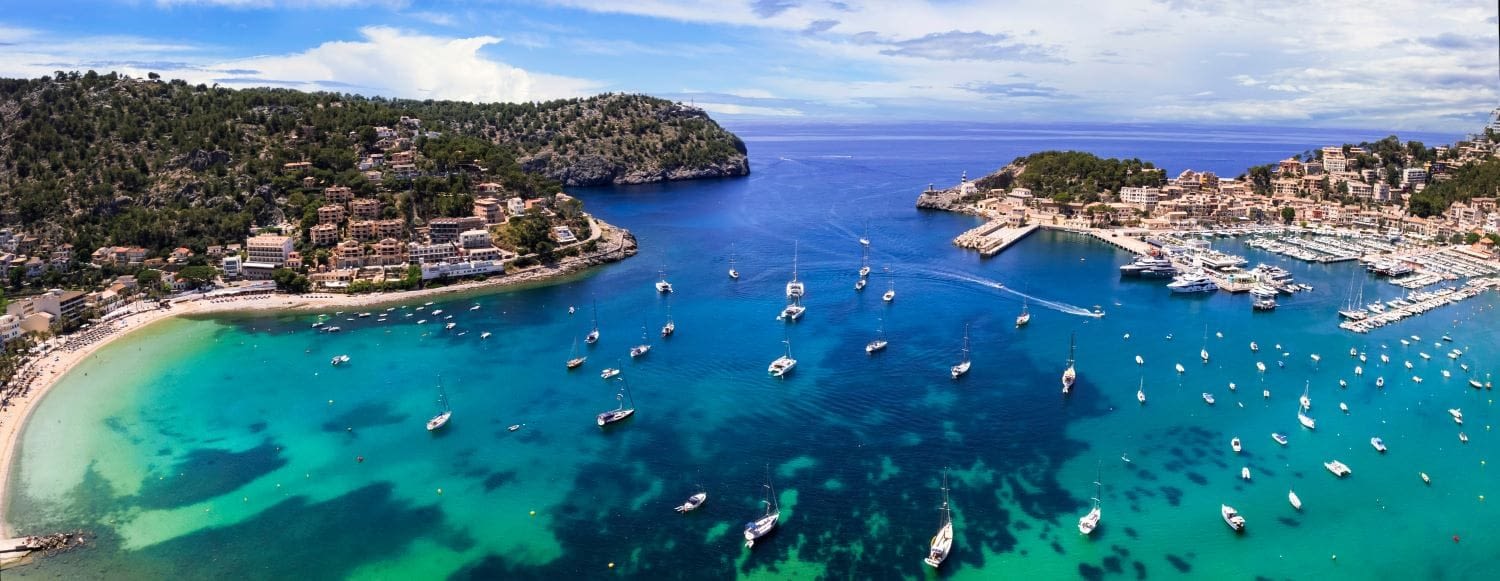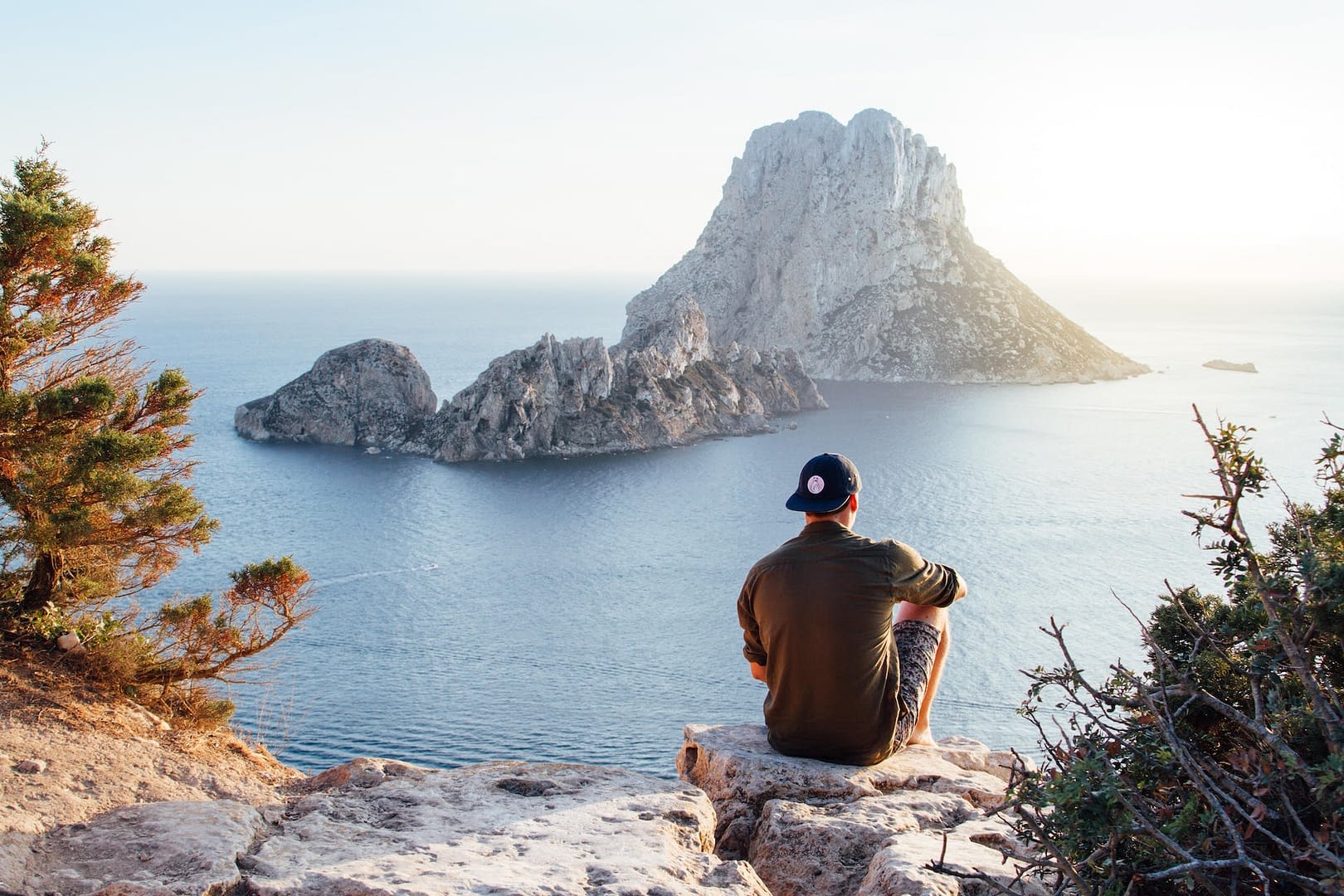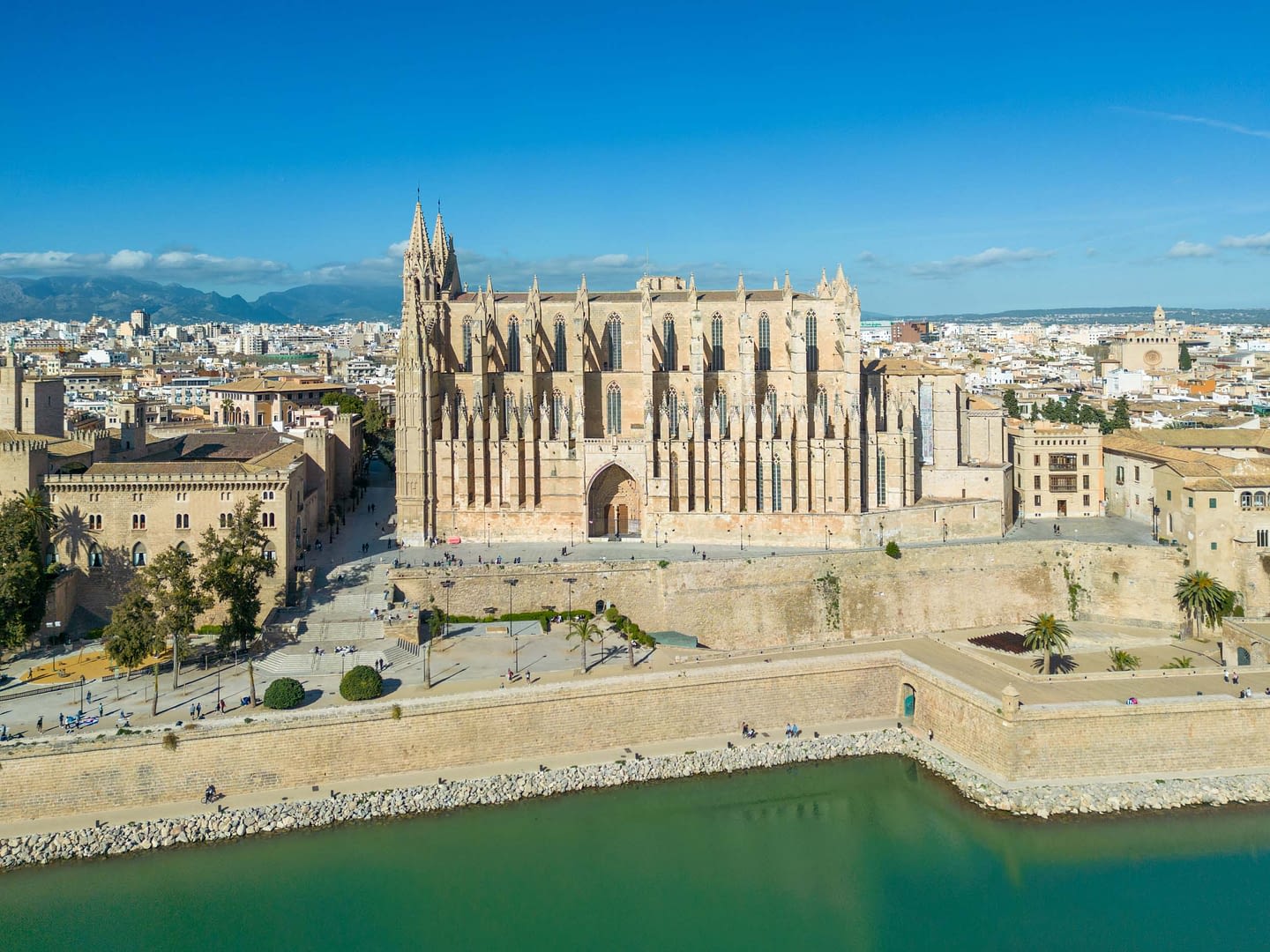How To Move To Mallorca Spain From The UK
Are you dreaming of trading your current lifestyle for the sun-soaked beauty of Mallorca? With its stunning beaches, charming villages, and vibrant Mediterranean culture, it’s no surprise that many choose to make this Balearic gem their new home. Whether you’re planning a permanent relocation or a seasonal move, here’s an overview of what’s involved in moving to Mallorca.
Understanding Visa Requirements
For many aspiring residents, obtaining the right visa is the first step. Spain offers a variety of visa options depending on your circumstances:
Non-Lucrative Visa
Ideal for retirees or those who don’t need to work locally. It requires proof of financial stability and private health insurance.
Digital Nomad Visa
A new and increasingly popular option for remote workers, allowing you to live in Mallorca while working for non-Spanish companies.
Student Visa
Perfect for those pursuing studies or enrolling their children in international schools on the island.
Golden Visa
For those investing in property or businesses in Spain, offering residency benefits. Each visa type has its own application process, financial requirements, and documentation needs. For a detailed breakdown, check out our free mini guide to moving to Mallorca [Click Here]
How Brexit Has Changed the Situation for UK Residents
Since Brexit, UK citizens no longer have the same freedom of movement within the European Union. This means that for UK residents, obtaining a visa is now a requirement if you wish to live in Mallorca without an EU passport. Here’s what you need to know:

Visa Requirement – UK nationals must apply for a visa to stay in Spain for more than 90 days within 180 days.
Residency Permits – For those planning a longer-term move, a residency permit will be necessary. Options include the Non-Lucrative Visa, Digital Nomad Visa, or other available routes depending on your circumstances.
Healthcare and Insurance – UK residents must secure private health insurance that meets Spanish requirements, as access to public healthcare is no longer automatic.
Financial Proof – Applicants must demonstrate sufficient financial means to support themselves without relying on Spanish welfare systems.
The post-Brexit landscape has added complexity for UK residents, but with proper planning and guidance, making Mallorca your home is still achievable. Our free guide offers detailed insights into navigating this process.
Read about our journey from the UK to Mallorca here.
Finding the Right Housing
Mallorca offers a range of housing options, from chic apartments in Palma to countryside fincas and seaside villas. However, the island is currently experiencing a shortage of rental properties, with high demand driving up prices. This makes securing accommodation both challenging and competitive, especially in popular areas.
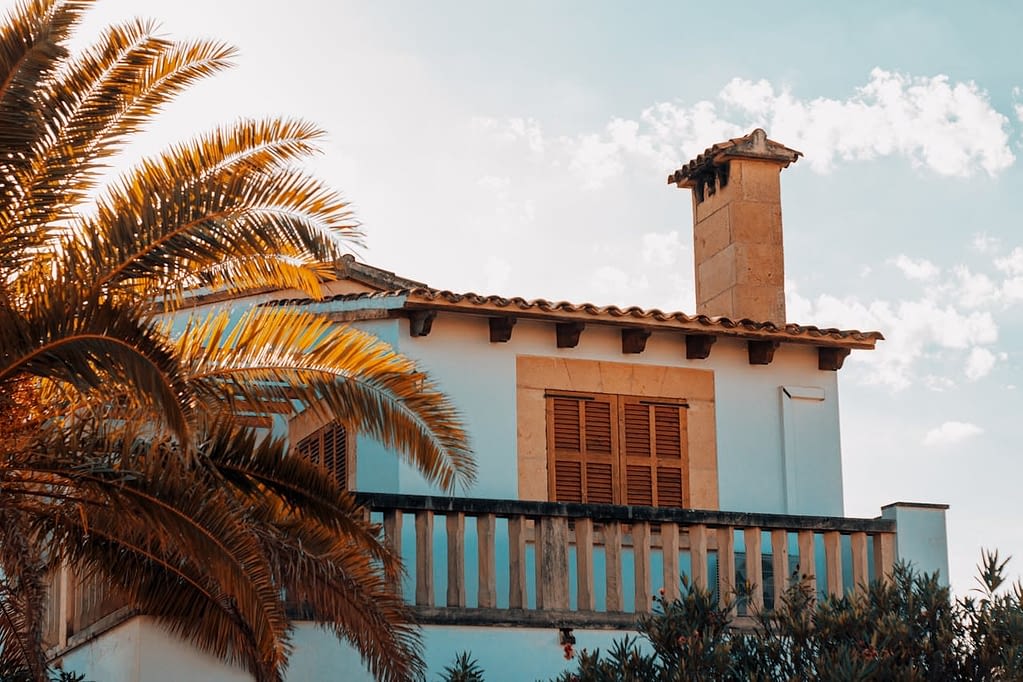
When choosing a place to live, consider:
Location – Do you prefer the bustling city life of Palma, the peaceful charm of villages like Deià or Valldemossa, or the family-friendly coastal areas of Portals Nous? Keep in mind that seasonal resort destinations can feel very different depending on whether it’s peak tourist season or the quieter off-season, so it’s a good idea to visit areas you shortlist out of season.
Rental vs. Purchase – Renting is a great way to explore the island before committing, it allows you to get a feel for the areas you like before you commit to buying. Buying property may offer long-term financial benefits but it is very expensive. Bear in mind fees on top of the prices you see advertised are generally 10%.
Schools and Education
For families moving to Mallorca, choosing the right school is a top priority, and often one of the first things you decide on when choosing a location to live. The island benefits from a multitude of schooling options due to its international community, catering to a wide range of educational needs and preferences. Here are the main types:
Public Schools are free and provide education in Catalan and Spanish, ideal for those looking to immerse in the local culture. However, it is important to note that the Spanish approach to education can differ significantly from the UK. Schools in Spain often have a shorter school day, with afternoons free for extracurricular activities or family time. Teaching styles may also emphasise memorisation and structured learning, which can be an adjustment for children accustomed to a more discussion-based or creative approach in UK schools.
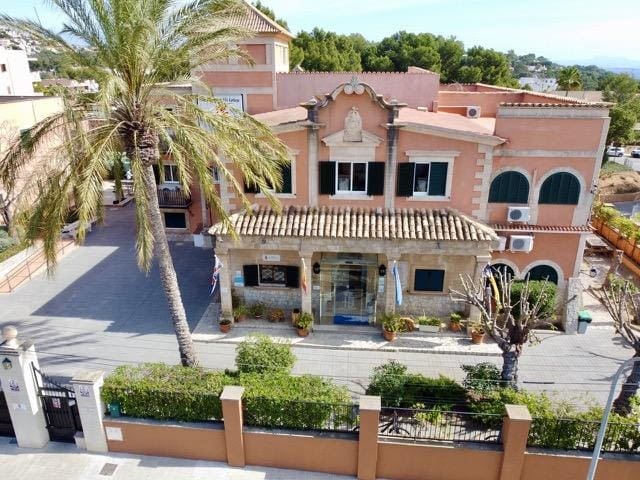
Private International Schools teach in English or other languages, catering to expat families from around the world. Popular options include Queens, King Richard III College, Green Valley and Baleares International College. Many offer the British curriculum and IGCSE’s and A-Levels, so if you want an easy adjustment and continued learning for your child then these are great options.
Montessori and Specialty Schools are great for alternative educational approaches.
Start your research early, as some schools have waiting lists and specific admission requirements.
Settling into Local Life
Moving to Mallorca is more than a logistical process—it’s a lifestyle transformation. Here are some tips to help you settle in:
- Learn the Language – While English is widely spoken, it certainly isn’t spoken everywhere and knowing Spanish (and maybe some Catalan) will enrich your experience and help you integrate. You will also find life in some scenarios hard without any ability to communicate. Read my tips for the best ways to learn Spanish here.
- Embrace the Culture – Participate in local festivals of which there are many. Explore traditional cuisine, and take time to understand Mallorcan customs.
- Build a Community – Join expat groups, attend local events, and engage with your neighbours to create meaningful connections. I have found one of the best ways to meet friends is through exercise groups and also school if you have children.
- Explore and Stay Active – From hiking in the Tramuntana mountains to sailing along the coast, Mallorca offers endless opportunities for outdoor adventures.
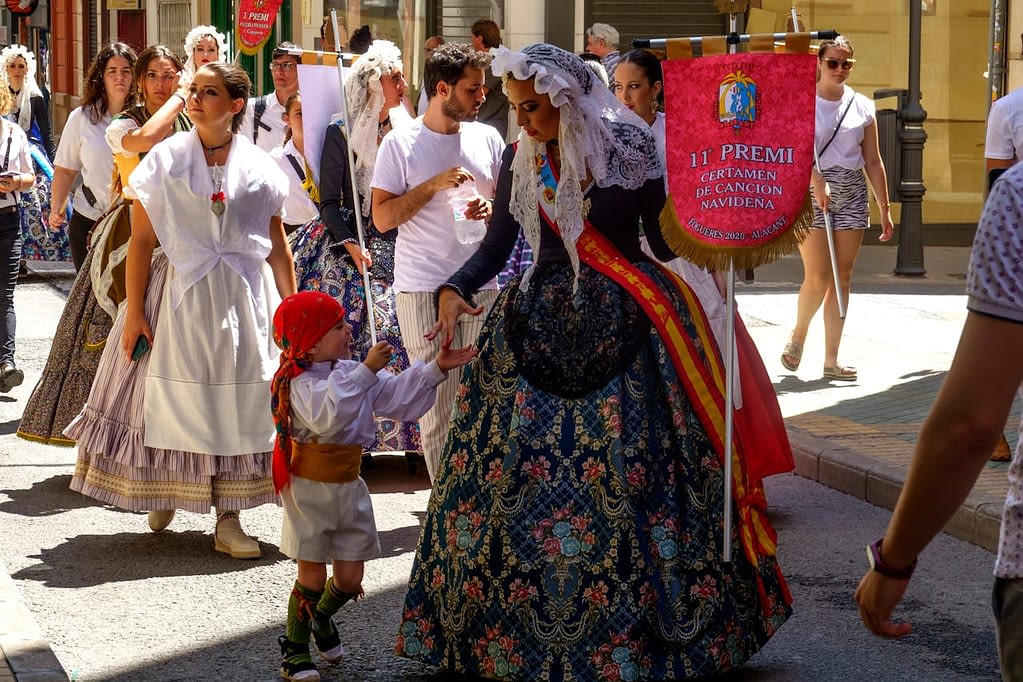
Want to know more about moving to Spain? Read our blog post 20 Things You Should Know Before You Move To Spain here.
Start Your Mallorca Journey Today
Moving to Mallorca is an exciting adventure, but it’s essential to be well-prepared. From navigating visa requirements to finding the perfect home and settling into local life, our free mini-guide provides a deeper dive into everything you need to know.
Want to know more about moving to Mallorca? Download my free mini-guide here.
With the right planning and resources, your dream of living in Mallorca can become a reality. Start your journey today and embrace the Mediterranean lifestyle in 2025!


